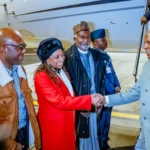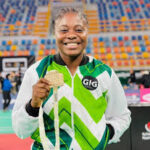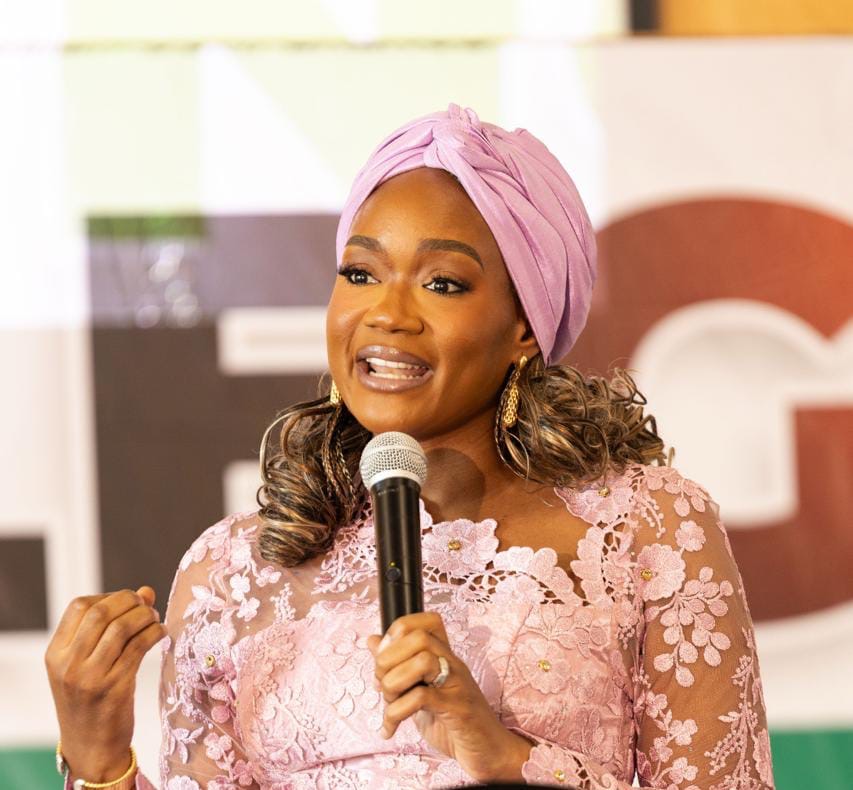By Naomi Sharang
Founder, TOS Foundation, Mrs Osasu Igbinedion-Ogwuche, has called on President Bola Tinubu to endorse the Reserved Seats for Women Bill anytime it is passed by the National Assembly.
Igbinedion-Ogwuche also urged the Wife of the President, Oluremi Tinubu, to support the bill.
The call was made in a statement issued in Abuja on Thursday by the foundation’s Communications Office.
Igbinedion-Ogwuche, a lead advocate for the bill, said that the call had become imperative, as the bill moves towards a decisive vote in the national assembly.
“As the mother and father of the nation, and as former senators themselves, President Tinubu and the First Lady know first-hand how much the legislation matters,” Osasu said.
“Their endorsement would not only reflect their understanding of Nigeria’s democratic future, it would inspire confidence across party lines and send a clear message to the world that inclusion is leadership and equity is the foundation of progress.
“This bill is not about sentiment. It is about justice. It is about re-balancing a system that has kept women at the margins for too long through structures that exclude, parties that sideline and voice that intimidates.
“We are not asking for power. We are building it, carefully, strategically and constitutionally.
“It is not that Nigerian women are less capable. It is that the system has never made room. This bill is how we begin to change that,” she said.
The News Agency of Nigeria (NAN) reports that the Reserved Seats for Women Bill is a constitutional innovation designed to correct Nigeria’s long-standing gender imbalance in governance.
It proposes additional seats each in the Senate and the House of Representatives, and three in every state House of Assembly – a total of 182 time-bound, women-only seats across federal and state legislatures.
NAN reports that currently, Nigerian women hold just 3.7 per cent of senate seats and 4.2 per cent in the house of representatives, thus placing the country at 178th in global rankings.
In contrast, Rwanda leads the world with over 61 per cent female parliamentary representation, while Senegal, Uganda and South Africa have all achieved over 30 per cent inclusion through affirmative legislation. (NAN)
Edited by ‘Wale Sadeeq












